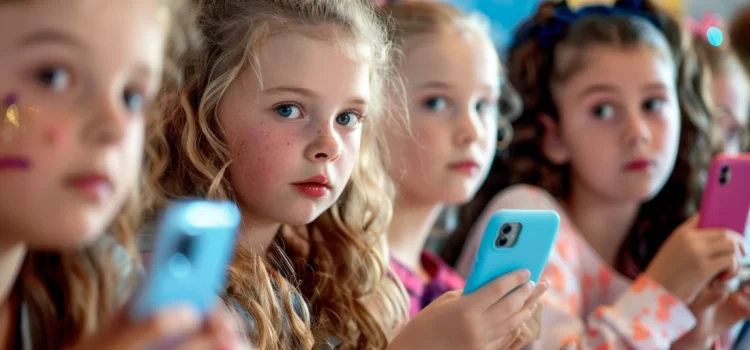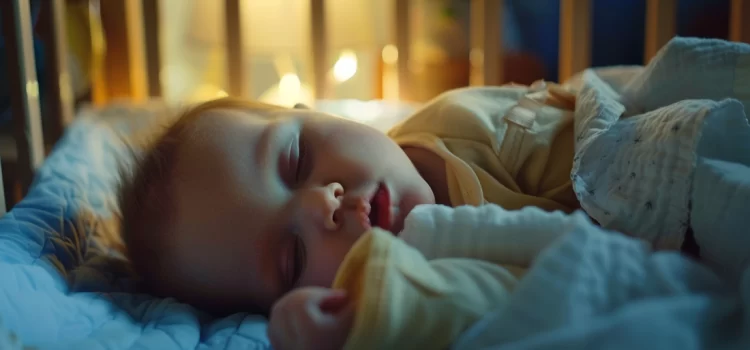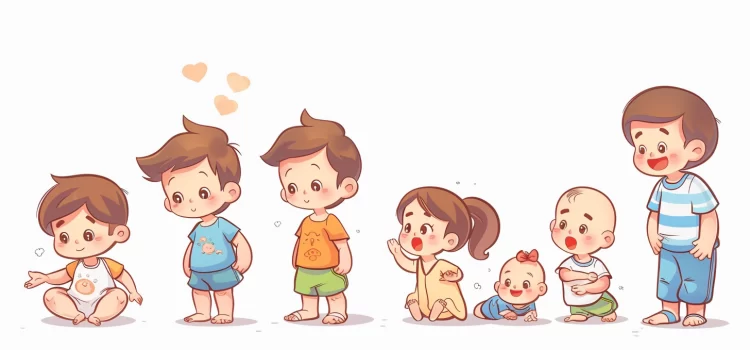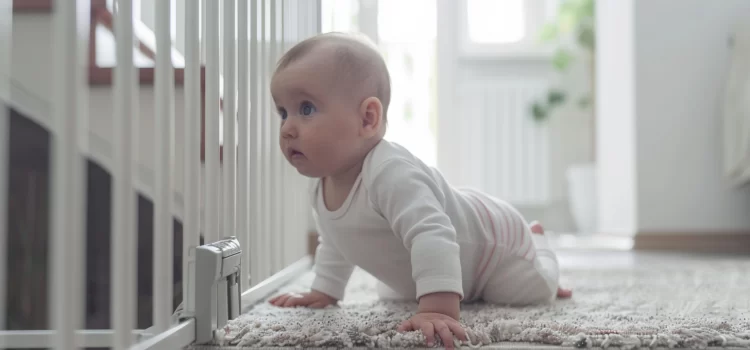Why do teenagers have so many mental health issues? How are teenagers coping with depression and anxiety? Teenagers today face intense emotions due to pressure in school, society, and their social circle. Parenting the New Teen in the Age of Anxiety raises concerns about teenage suicide rates. Keep reading to learn more about teenage mental health issues.
Teenage Mental Health Issues & Rising Suicide Rates










